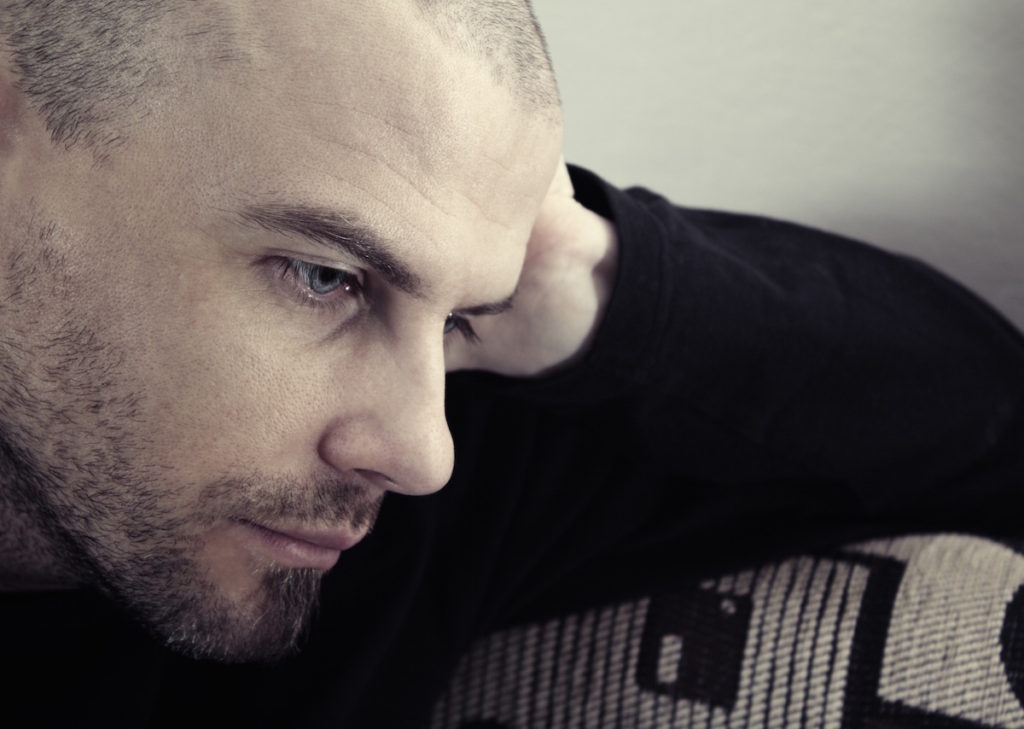Lorelie Rozzano is a guest blogger for Vertava Health.
Your Addicted Loved One Won’t Tell You This.
When you have a drug habit, it’s not something you shout to the world. As a matter of fact, it’s top secret. When I was addicted I had two full-time jobs. One was getting and using drugs. The other was defending my habit. I lived in two worlds. One was public. It was the made-up life I showed my family, friends, and co-workers. In that world, I looked good. I said what you wanted to hear and did normal things. I picked up my kids from school. I did laundry. I took the dog for walks. I cooked healthy dinners. I read bedtime stories while tucking my children in at night. I had romantic nights with my partner. I planned vacations and hey, life was great. This world existed to keep people from knowing what was going on in my real world. In my real world, I could barely drag myself out of bed. I was snorting drugs in the bathroom. My kids often fed and tucked themselves in. There were no vacations. I spent every dime I had on drugs. Romantic nights with my partner were a thing of the past. Our home was not a happy place. It was a chaotic disaster. Eventually, I couldn’t keep my two worlds separate. My kids got old enough to tell my family what was really happening. Instead of being proud of them for telling the truth, I yelled at them. How dare they tell on me! My poor kids were so confused. What they saw in our home and what I told them, did not match up. To survive they learned to do what all kids growing up in addicted homes do – they shut down. By now everyone was walking on eggshells around me. If someone mentioned how poorly I looked or confronted my using, I blew up. In essence, I trained my family and friends to stay quiet. This was good news for my addiction. For it allowed me to use in peace while keeping my family off my back. [inline_cta_one] I was doing very little to supervise my children. As long as they were out playing and out of my hair, I was content. Without the normal responsibilities of life, I was free to focus all my attention on getting high. My drug use was shameful. My partner and I coped with my habit in secrecy. I made promises to never to use again and then broke those promises, daily. I was just as stumped as everyone else. I wasn’t always lying. There were times I was truly remorseful (usually the morning after a binge) and wanted to quit. I was done. No more. This time I really meant it! But I couldn’t. No matter how hard I tried, I always went back to using. By the time I went to treatment I had done serious damage to myself and my family. I was lucky to be alive. There’s a myth substance users must lose everything and hit rock bottom to recover. But that’s not true. It takes time to lose everything. Time is not the addict’s friend. The more time they have to use, the sicker they will become. Just like cancer, success rests on getting treatment sooner, rather than later. When substance users lose everything they are in the last stage of addiction. What follows is jails, intuitions or death. At this point; an addicted person seeking treatment will need long term help. Their brain has been altered so radically it will take extensive time and therapy to learn new behaviors and to identify dishonest and harmful thinking. My family tried to help me by keeping the peace. I manipulated them so badly, they thought if they upset me, I would use. The truth is, I was going to use no matter what. That’s what happens when you’re addicted. You don’t need an excuse to use. Good day, bad day, Friday, Sunday – it doesn’t matter. Addicts use because if they don’t, they get sick. They build tolerance and need to use more and more frequently. Although it might not seem like it, your addicted loved one needs you. I encourage families to step in. Don’t wait. Addiction is a progressive and often terminal, illness. Confront your loved one. If they’re mad at you, you’re probably on the right track. Don’t keep their secrets. Don’t make empty threats. And don’t let yourself get sick. Your addicted loved one won’t tell you this – they’re scared. They cope with their fear by taking more drugs and acting out in intimidating and aggressive behaviors. They need you to set healthy boundaries with them. If you make excuses for them, what you’re really saying is they are not strong enough to recover. If you assume their responsibilities the message is; they are too weak to do it themselves. If you keep bailing them out, they learn they are above the law. They need you to be rational and not become swallowed up by their illness. Your addicted loved one will not be happy with you when you confront them. They may become ugly. Try not to get caught up in their emotions. Remember this behavior has worked for them in the past. Find supportive people who can help you. Addicted persons behave the worst with their families. Bringing in a new face or professional will help with the mediation process and increase your chances of a successful outcome. If you or someone you know needs help, please call this confidential support line for assistance. 844-470-0410.


